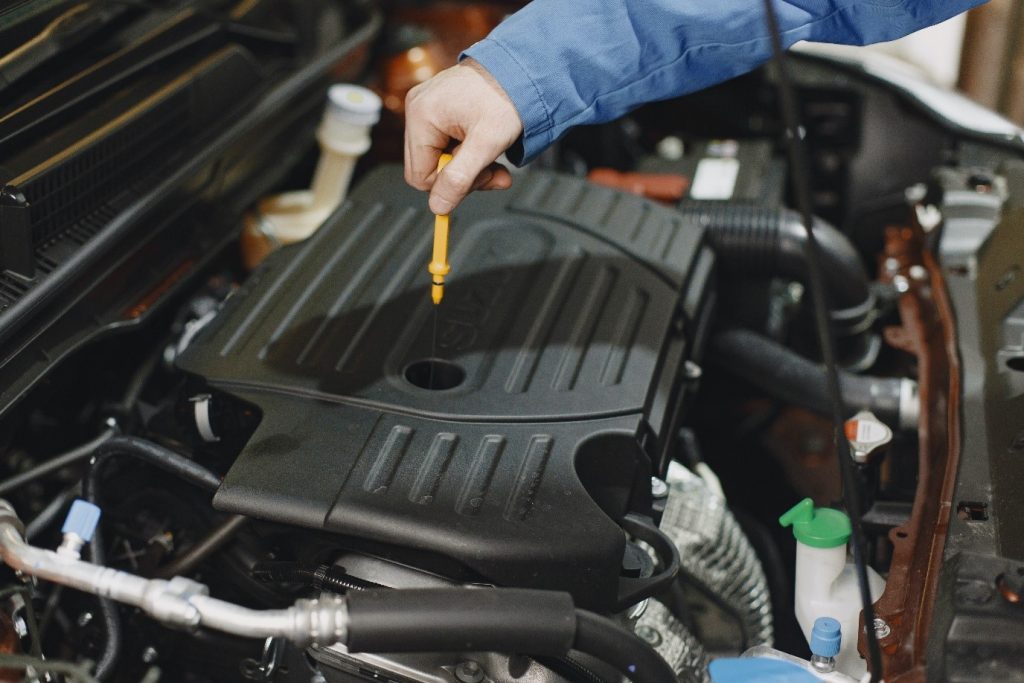There are no two ways about it, owning a car can be costly. Even ignoring the purchase price, you’ve got the cost of petrol, maintenance, and insurance, as well as unexpected costs like repairs, accidents, and tickets. The unexpected costs can be difficult to budget for, but there are things you can do on a regular basis that will help extend the life of your car and keep it road safe for longer.
Regular maintenance means you can catch small problems before they become bigger ones; after all, it’s cheaper to replace a part before it breaks and causes an accident or means you have to call for a tow. Because of the number of moving parts on your car, they can suffer from wear and tear, but keeping them clean, well-lubricated, and up to code will prevent bigger issues with composite parts like the engine.
Here are our top three tips for keeping your car running smoothly and legally.
Change the Oil
Your engine is made up of smaller parts that move against each other. This creates friction, and too much friction produces heat and can cause the parts to wear away or slow down. None of this sounds good, and it isn’t, which is why engines are lubricated with oil to keep things moving smoothly and avoid too much heat building up in one place.
Engine oil is sticky, which means it’s also great at removing dirt and grime and keeping your engine clean. But this also means the oil can get clogged up and become less effective at its job. Changing your oil regularly will help keep the engine clean and running smoothly, reducing any wear and tear that would cause parts to become damaged.
How often you need to change your oil depends on the age of your car and how you use it. It’s best to check your manual for the information, but in a rough guide, it should be between 5,000 and 7,500 miles unless using fully synthetic oil.
Rotate or Change the Tyres
Your tire tread wears down as you drive, reducing the car’s grip on the road surface. This makes it more likely that you’ll skid in bad weather, be unable to break on time in an emergency or have an accident if driving too fast. You should rotate your tires on a regular basis – at least every 8000 miles – because this will help to extend their usefulness.
Tires in different positions on your vehicle will wear in different places, so rotating them helps them to wear evenly – swapping the front with the back is like putting on a fresh set.
Eventually, you will need a completely new set of tires. How often is going to depend on how much you drive, but this should be at least every six years. You can help to safeguard against further problems by taking out additional tire warranties in case there are any faults or accidents.
Replace Brake Pads Frequently
Ensuring that your brakes are working properly is a key component of road safety. Worn brake pads will mean that it takes you longer to stop once you press the pedal, and those extra few feet could mean the difference between serious injury and escaping an accident unscathed.
How often you need to change them will depend on where you’re driving and how often you apply the brake. Typically, city drivers will need more frequent brake pad changes than rural or freeway drivers. If you notice they start to screech when used, it’s definitely time to switch them out for new ones.
Expect the Unexpected
Routine maintenance is the best way to safeguard against unexpected repairs, but accidents do happen. Make sure you always have adequate insurance and keep a savings account or a credit card specifically for car repairs or to offset depreciation when purchasing a new vehicle.
Conclusion
Keeping your car in top condition is the best way to extend its life. Make sure you replace worn parts regularly to avoid causing issues in other areas.

